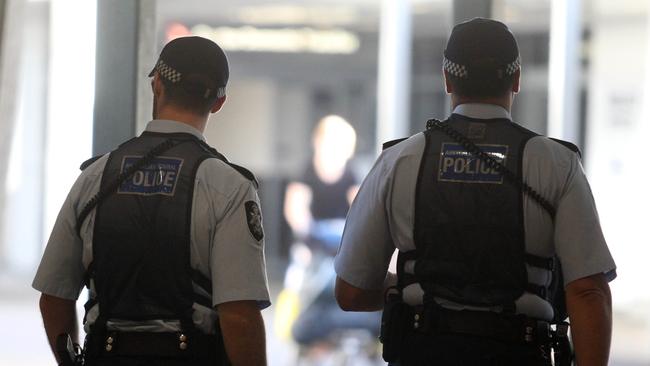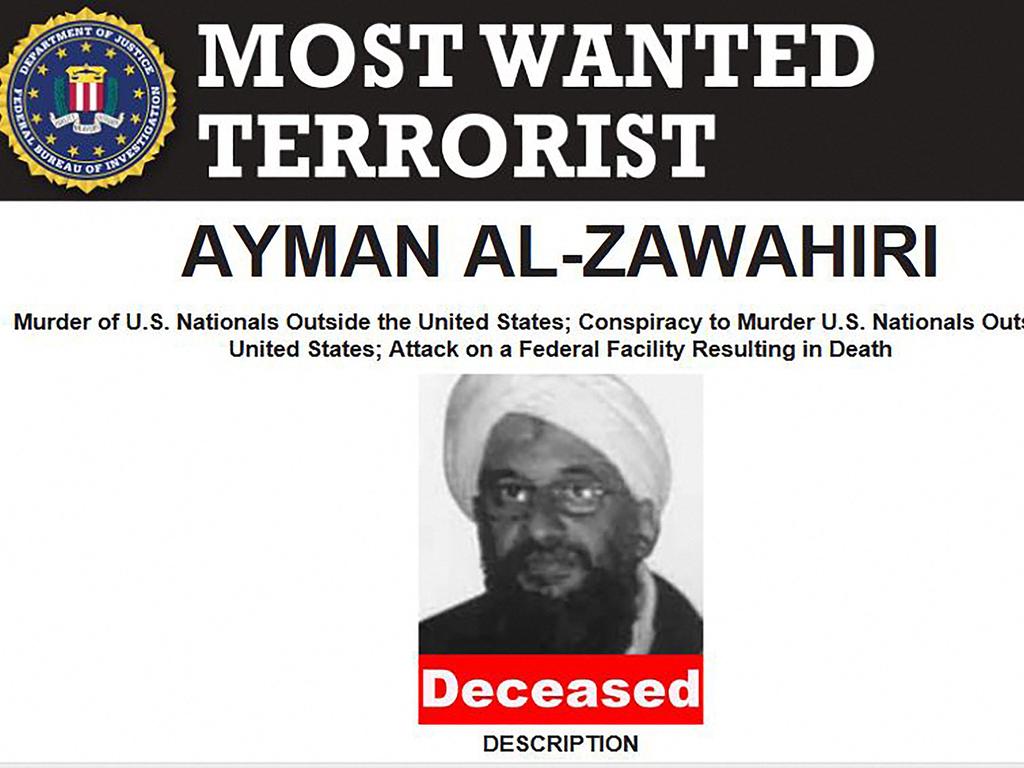AFP managing 30 ‘high-risk’ terror offenders in community
Federal police are managing at least 30 high-risk terrorist offenders living in the Australian community.

Federal police are managing at least 16 high-risk terrorist offenders living in the community, including through the use of electronic monitoring and by requiring them to attend rehabilitation programs and psychological counselling.
It’s believed 14 are presently remanded or incarcerated. In all, authorities have an active interest in 30 high-risk offenders on new and ongoing post sentence orders.
Since July 2020, they have been released from prison on control orders, which restrict their movements and social interactions.
But the AFP said there had been a “significant increase” in offenders breaching those restrictions, requiring co-operation with the Joint Counter Terrorism Team and the Counter Foreign Interference Taskforce to effectively manage them to ensure community safety.
AFP Acting Assistant Commissioner Counter Terrorism and Special Investigations Mark McIntyre said the AFP was committed to protecting the Australian community and is committed to working with state and commonwealth partners next year.
“The AFP, working as part of the JCTT and CFITF across Australia, will continue to identify and disrupt potential threats to our society, institutions and democratic way of life,” he said.
“It has been incredibly rewarding playing our role in keeping Australia safe and we look forward to the next year ahead.”
Police “manage” offenders who pose a risk of committing an act of terror when released into the community by making sure they comply with court orders that could impose obligations, restrictions and prohibitions. These are called controls or conditions.
“Conditions can include law enforcement and rehabilitation conditions,” a spokeswoman said.
“Law enforcement conditions may include curfews, electronic monitoring, restrictions on associations with others, restrictions on use of telecommunications, regular reporting to police,” she said. “Rehabilitative conditions may include requiring attendance of HRTO (high-risk terrorist offender) at rehabilitation or intervention programs and psychological counselling – the objective being to improve the HRTO’s reintegration into the community.”
If an offender breaches court orders, they could be jailed for five years.
A spokesman did not elaborate when asked what kind of manpower and resources are required to manage offenders or what tools officers have at their disposal.
“The AFP has dedicated investigative teams responsible for compliance and enforcement investigations of HRTOs,” he said.
“The AFP works tirelessly to mitigate any risk posed by convicted terrorist offenders as they exit prison and return to the community.”
There were no domestic terror attacks in 2022 due to the work of joint counter terrorism teams that identified “individuals and groups intent on harming the community”, the AFP said. “Significant disruptive action was undertaken through the arrest, charge and prosecution of commonwealth- and state-based terrorism, drugs, firearms and extremism offences,” a statement read.
As well, federal police enforced the first interim supervision orders in Victoria and NSW since the introduction of the scheme in December last year.
ISOs were recommended by the Parliamentary Joint Committee on Intelligence and Security to “better protect Australians from high-risk terrorist offenders … due to be released into the community after serving their custodial sentence”, according to a statement by the committee last year.
They also supported two applications for continuing detention orders and one extended supervision order, and successfully applied for three control orders.
Continuing detention orders were introduced by Malcolm Turnbull’s government in 2016. The laws were unprecedented at the time and were introduced amid concern about Islamic State-inspired terror attacks.
The order, subject to a yearly review, can keep an offender in jail for an extra three years even after their sentence is concluded, if authorities believe they pose an unacceptable risk.
For the first time in nearly a decade, the Australian Security Intelligence Organisation this year lowered the terror risk threat from “probable” to “possible”.
Home Affairs Minister Clare O’Neil welcomed the decision by ASIO in November. “ASIO has assessed that while Australia remains a potential terrorist target, there are fewer violent extremists with the intention to conduct an attack … than there were when the threat level was raised in September 2014,” she said.







